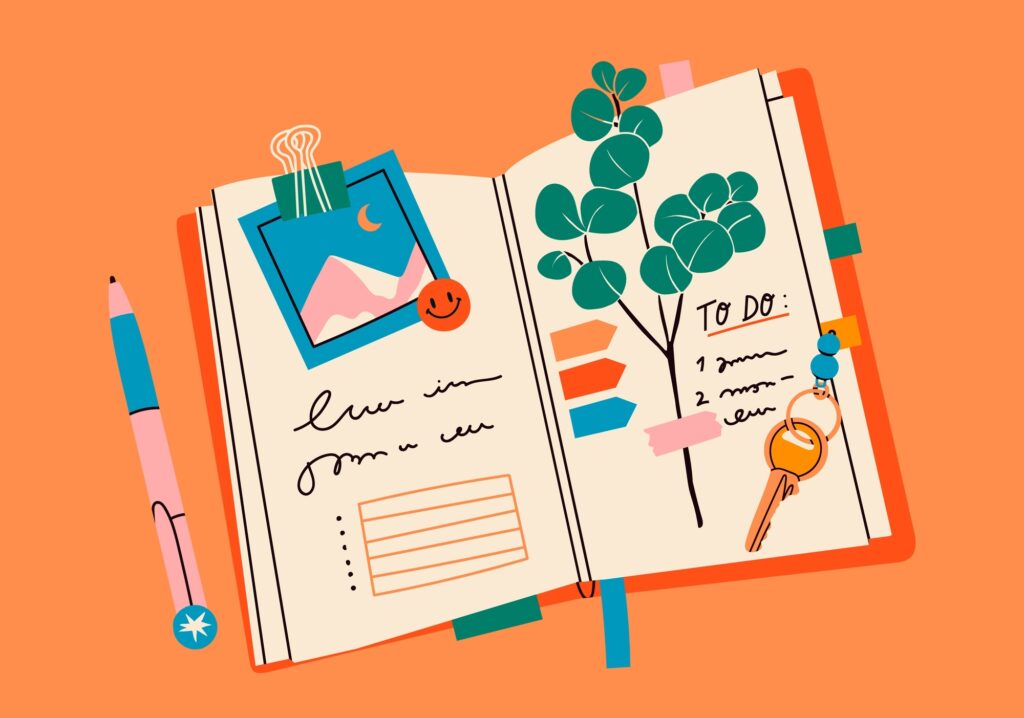Beyond the Tools: The New Rules of Adult Learning

“Wait… where did I write that idea from last week?”
This is learning in 2025. Notes are scattered across notebooks, Google Docs, and apps like Notion or Roam. Sometimes the file name is even final_final_revised2. Sound familiar?
Today, learning doesn’t stop at graduation. For many of us, it’s only just beginning. But as work, technology, and our attention spans change, the way we learn has to change too. Not just faster, not just more efficient—but more intentional, more mindful, and maybe with fewer tabs open at once.
Too Many Tools, Too Little Focus
Productivity apps promised to make life easier. But with so many tools, some people now feel less productive. In fact, a study in Work & Stress found that even a 4-second interruption can triple mistakes, and it can take more than 20 minutes to get focus back.
That is why computer science professor Cal Newport talks about slow productivity. Instead of trying to finish every single task, the idea is to do fewer things, but more deeply. In simple English: “focus on less, achieve more.”
Building a “Second Brain”
In the past, a notebook was enough to track ideas. Now, many adults use digital tools like Notion or Obsidian. Author Tiago Forte calls this method a Second Brain—a system that keeps your notes, tasks, and resources safe so your real brain doesn’t have to remember everything.
The goal is not a perfect organization. The goal is to have a trusted place for your thoughts, so you can return later and connect the dots.
Reflection: Small Habit, Big Results
Productivity isn’t always about new apps. Sometimes, a short moment of reflection is the best tool. A study published in the Online Learning Journal found that learners who reflected on what they studied gained deeper understanding and critical thinking skills.
Even five minutes a day can make a big difference. Write a note in your notebook. Pause a podcast to jot down an idea. As the saying goes: “a little goes a long way.”
What Learning Looks Like Today
Lifelong learning does not always mean starting another course or finishing an online program. In real life, it often looks like:
・Writing one short journal entry a week
・Listening to a podcast and noting one new phrase
・Creating a simple digital “garden” of ideas
・Having conversations that stay in your memory long after the coffee is gone
Adult learning is slow, non-linear, and full of interruptions. But it is also about freedom—the freedom to set your own pace and choose what matters to you.
Final Thought
Whether you’re typing into Notion, scribbling in a notebook, or managing projects in Roam, what matters most is how you use it. When you bring intention and thoughtfulness to your learning, it becomes one of the most powerful actions we humans can take—shaping not only what we know, but who we become.
written by SAKURACO
